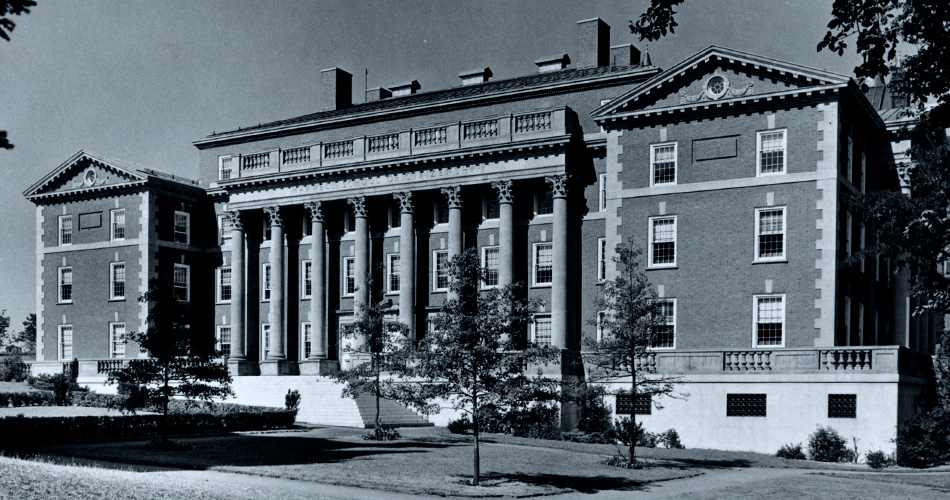Beyond Ethnographic Objectivity: Indigenous Anthropologists and Problems of Fieldwork Access in Nigeria
112 Eggers Hall
Add to: Outlook, ICal, Google Calendar
Moynihan Institute of Global Affairs
Maxwell African Scholars Union
present
Beyond Ethnographic Objectivity: Indigenous Anthropologists and Problems of Fieldwork Access in Nigeria
A Talk by Babajide Ololajulo, Senior Lecturer in the Department of Archaeology and Anthropology, University of Ibadan, Nigeria
In this talk, I draw on my experiences conducting fieldwork at “home” in the Niger Delta region of Nigeria to explore concerns that pertain to Nigerian anthropologists carrying out research in their home environments. Traditional anthropologists had in the past invoked the tenet of ethnographic objectivity and other problems of insider research to render the enterprise of ‘anthropology at home’ an inferior brand of the discipline. The notion of the familiar body of the local scholar as devoid of social and economic opportunities remained dominant in research communities, along with the idea that this hinders the fieldwork engagements of indigenous anthropologists. In this talk, I argue instead that the problem of access for the indigenous anthropologist comes with deleterious implications for the decolonization of knowledge produced about Africa.
Babajide Ololajulo is a Senior Lecturer in the Department of Archaeology and Anthropology, University of Ibadan, Nigeria. He is a development anthropologist with research interests ranging over politics of identity, heritage and memory, and the political economy of oil exploration in Nigeria. He has published widely on these themes. Dr. Ololajulo is an alumnus of the University of Michigan African Presidential Scholars program (UMAPS), a fellow of the American Council of Learned Societies (ACLS-AHP), and a Leventis fellow at the School of Oriental and African Studies, University of London. He has also received travel grants from UK ESRC and SEPHIS to attend workshops in the United Kingdom, Brazil and Peru. His recent book, Unshared Identity published by the African Humanities Program, employs the practice of posthumous paternity to explore African endogenous ways of being and meaning-making.
Sponsored by Moynihan Institute of Global Affairs, and Maxwell African Scholars Union
Contact Havva Karakas-Keles for more information: hkarakas@syr.edu
Open to
Public
Contact
Accessibility
Contact to request accommodations

We’re Turning 100!
To mark our centennial in the fall of 2024, the Maxwell School will hold special events and engagement opportunities to celebrate the many ways—across disciplines and borders—our community ever strives to, as the Oath says, “transmit this city not only not less, but greater, better and more beautiful than it was transmitted to us.”
Throughout the year leading up to the centennial, engagement opportunities will be held for our diverse, highly accomplished community that now boasts more than 38,500 alumni across the globe.